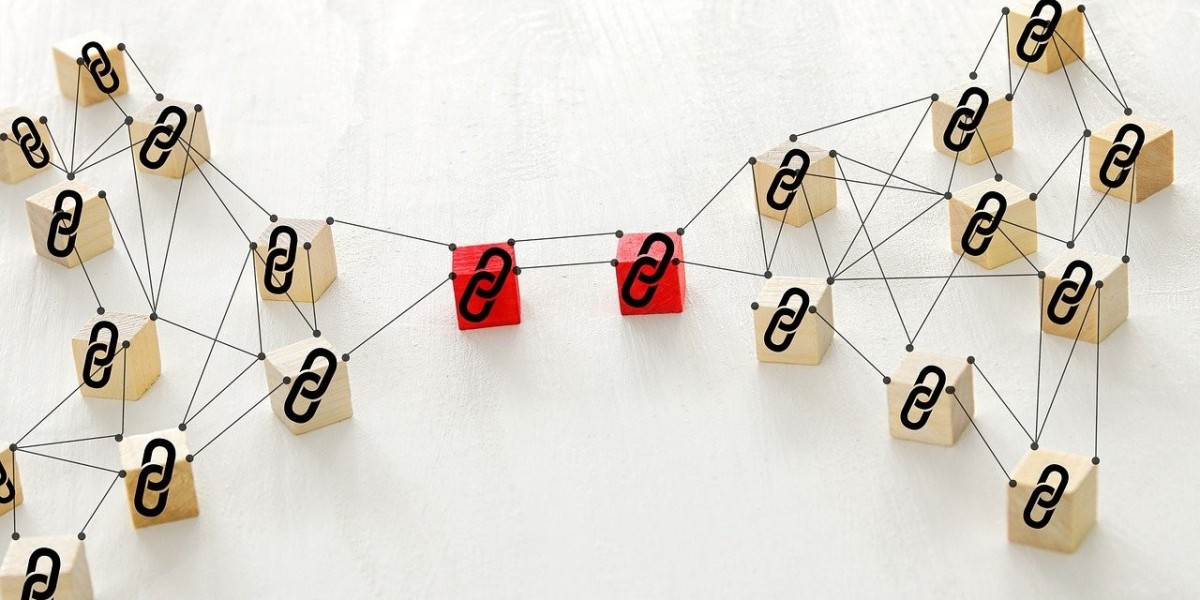Why Personalization Matters:
Personalized marketing is about creating experiences that resonate with individual consumers. It's about understanding their unique needs and preferences and delivering messages that are relevant and valuable to them. In a world where consumers expect brands to know them, personalization is no longer a luxury—it's a necessity. Here are some key benefits of personalized marketing:
- Increased Engagement: Personalized messages are more likely to capture the attention of consumers and encourage interaction. When brands demonstrate that they understand their needs, consumers are more likely to engage with their content.
- Improved Conversion Rates: By delivering targeted offers and recommendations, personalized marketing can significantly improve conversion rates. When consumers feel that a product or service is tailored to their needs, they are more likely to make a purchase.
- Enhanced Customer Loyalty: Personalization can foster a sense of connection and build stronger relationships with customers. When brands show that they value their individual preferences, customers are more likely to remain loyal.
- Higher ROI: By targeting the right audience with the right message, personalized marketing can deliver a higher return on investment. Resources are not wasted on reaching people who are not interested in your products or services.
- Competitive Advantage: In a crowded marketplace, personalization can be a key differentiator. Brands that offer personalized experiences are more likely to stand out from the competition and attract and retain customers.
Strategies for Personalized Marketing:
Implementing personalized marketing requires a strategic approach and the right tools. Here are some effective strategies:
- Data Collection and Analysis: Gather data about your customers from various sources, such as website analytics, CRM systems, and social media. Analyze this data to understand their preferences, behaviors, and needs.
- Segmentation: Divide your audience into smaller segments based on shared characteristics, such as demographics, interests, and purchase history. This allows you to tailor your messages to specific groups of people.
- Personalized Content: Create content that is relevant to each segment of your audience. This could include personalized email campaigns, targeted ads, and customized website experiences.
- Product Recommendations: Offer personalized product recommendations based on past purchases, browsing history, and other relevant data. This can increase sales and improve customer satisfaction.
- Dynamic Pricing: Adjust pricing based on individual customer behavior and preferences. This can be a controversial tactic, but it can be effective in certain industries.
- Personalized Customer Service: Provide personalized customer service by addressing customers by name and understanding their past interactions with your brand.
- Marketing Automation: Use marketing automation tools to automate personalized marketing campaigns. This can save time and resources while ensuring that your messages are delivered at the right time.
Ethical Considerations:
While personalization offers many benefits, it's essential to consider the ethical implications. Collecting and using customer data responsibly is crucial. Here are some ethical considerations:
- Transparency: Be transparent about how you are collecting and using customer data. Let customers know what information you are gathering and why.
- Privacy: Respect customer privacy and ensure that their data is secure. Do not share customer data with third parties without their consent.
- Control: Give customers control over their data. Allow them to opt out of personalized marketing campaigns and access and modify their information.
- Value Exchange: Ensure that there is a fair value exchange between the brand and the customer. Personalization should benefit both parties, not just the brand.
Personalized marketing is a powerful tool for connecting with customers and driving business growth. By implementing these strategies and considering the ethical implications, marketing freaks can leverage the power of personalization to create meaningful experiences that resonate with their target audience and deliver real results.








